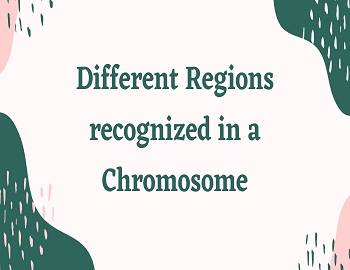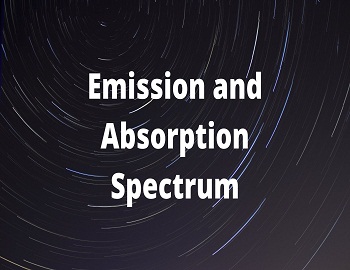Why the Stars do not Collapse?
In a star that is emitting heat and light energy, two types of forces are acting continuously: the gravitational attraction of the enormous gaseous matter which wants to compress the star further and the internal pressure developed in the star because of energy released during nuclear fusion reactions going inside it, which tends to stop the gaseous matter from collapsing further. Thus, the star is now in equilibrium under the action of two opposing forces- the gravitational force trying to compress the gases, and the internal pressure due to nuclear energy trying to stop the gaseous matter from collapsing. If internal pressures were not built up within the star, a star would have collapsed within less than half an hour. In a mature star, the pressure forces from within the star balance the gravitational force from outside. This balance can continue for millions of years. Our sun is now in this balanced state of its development. At this stage, the temperature in the interior of the sun is just right to sustain the fusion reaction, and the rate of this fusion reaction produces just the right pressure to balance the gravitational compression. During all this time, nuclear fusion reactions continue to liberate energy and make the star shine. Our sun (which is also a star), was formed about 4600 million years ago and will continue to give out energy for an equal period of time. If, however, there were no internal pressure in the sun produced by the energy of nuclear fusion, then our sun would have contracted drastically (shrunk drastically) within half an hour, under the action of tremendous gravitational forces.









Comments (No)